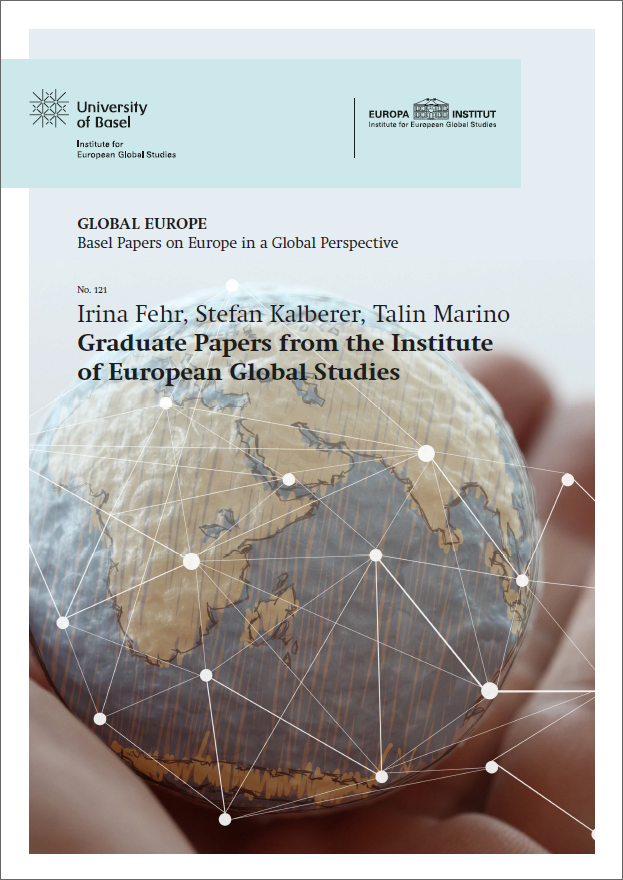The Role of Victims at the International Criminal Court
The Development of Victims’ Rights in International Criminal Law from a Doctrinal and Institutional Perspective
Keywords:
International Criminal Court, International Criminal Law, Transitional Justice, Victims’ Rights, Restorative JusticeAbstract
The International Criminal Court (ICC) provides a procedural framework to victims, which grants them participation rights and assigns them a position as legal subjects. The status of victims at the ICC is not automatically inherent to international criminal law, but rather the preliminary result of a legal development and a process of political negotiation. In this paper, the development of victimhood is traced along the stages of international criminal law and its institutions leading to the implementation of the ICC. In addition, the paper detaches the concept of victimhood from a purely jurisprudential framework and transfers it to the concept of transitional justice. In doing so, it demonstrates that the victim-specific norms in the Rome Statute have the potential for a restorative function.


